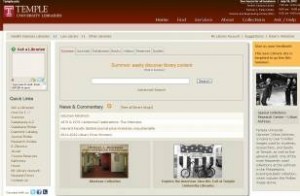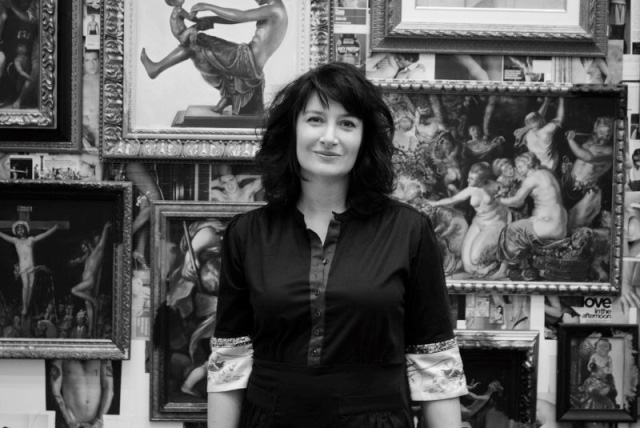A few days ago, the Faculty Advisory Council at Harvard University sent a memorandum to all Harvard faculty concerning the ever-increasing prices Harvard’s libraries must pay for subscriptions to scholarly journals and databases. The Harvard Council declares that the price increases cannot be sustained.
An excerpt from the memo is below, together with a link to the full report.
But first, why does the Harvard memorandum matter to students and faculty at Temple University?
You should know that we face the identical problem here at Temple. Our contracts with the same providers are virtually identical in amount and term, calling for near-automatic increases of 4 or 5% per year.
As Temple’s own budget situation becomes clearer in the next months, we in the Temple libraries will begin to discuss with faculty and administrators our options as an institution. Hard choices will be faced.
Meanwhile, Temple’s faculty and graduate students have options as individuals. I would commend to you the Harvard Faculty Council report for its recommendations as to what individual scholars might do to help break the big providers’ stranglehold on scholarly communication.
Note that the sums referenced in the Harvard report are are actually low and only a fraction of what Harvard as a whole actually pays for all its online journals and databases, so the report is treating only of two or three major packages of online journals to which they subscribe. Temple has these same packages, as do most research universities in the US.
Harvard’s annual cost for journals from these providers now approaches $3.75M. In 2010, the comparable amount accounted for more than 20% of all periodical subscription costs and just under 10% of all collection costs for everything the Library acquires. Some journals cost as much as $40,000 per year, others in the tens of thousands. Prices for online content from two providers have increased by about 145% over the past six years, which far exceeds not only the consumer price index, but also the higher education and the library price indices. These journals therefore claim an ever-increasing share of our overall collection budget. Even though scholarly output continues to grow and publishing can be expensive, profit margins of 35% and more suggest that the prices we must pay do not solely result from an increasing supply of new articles.
It is untenable for contracts with at least two major providers to continue on the basis identical with past agreements. Costs are now prohibitive. Moreover, some providers bundle many journals as one subscription, with major, high-use journals bundled in with journals consulted far less frequently.
Read the whole memorandum at “Harvard Library Transition.”
Jonathan LeBreton
Senior Associate University Librarian


